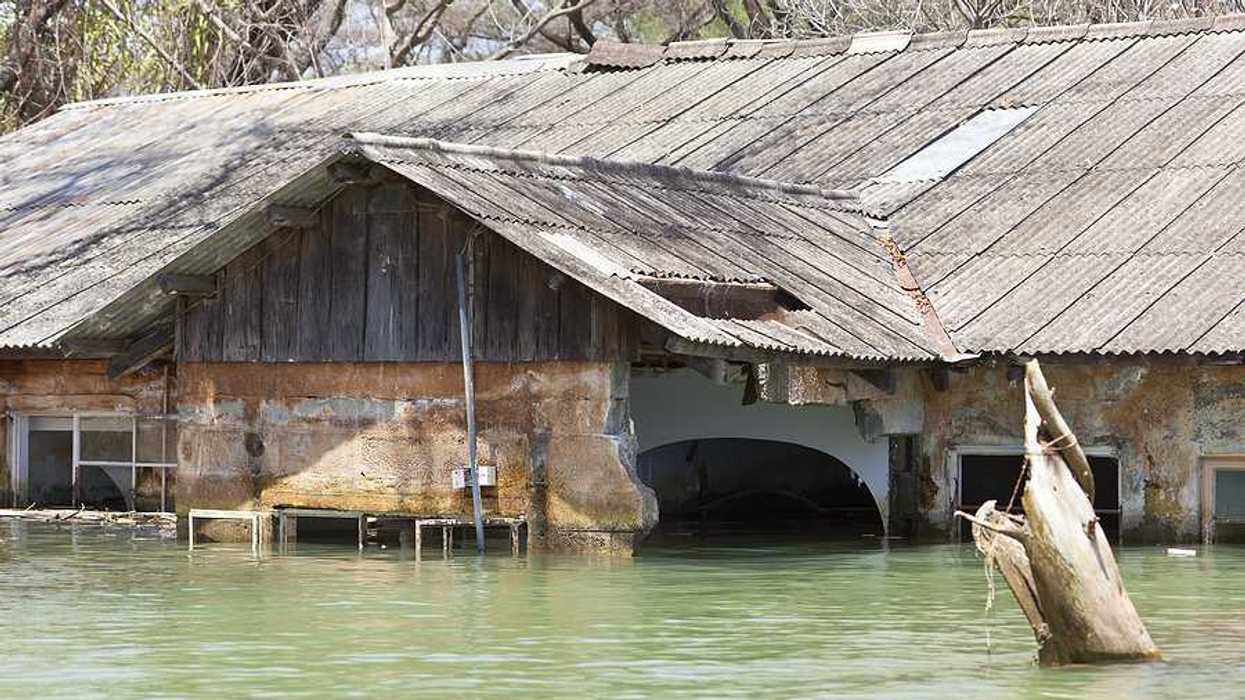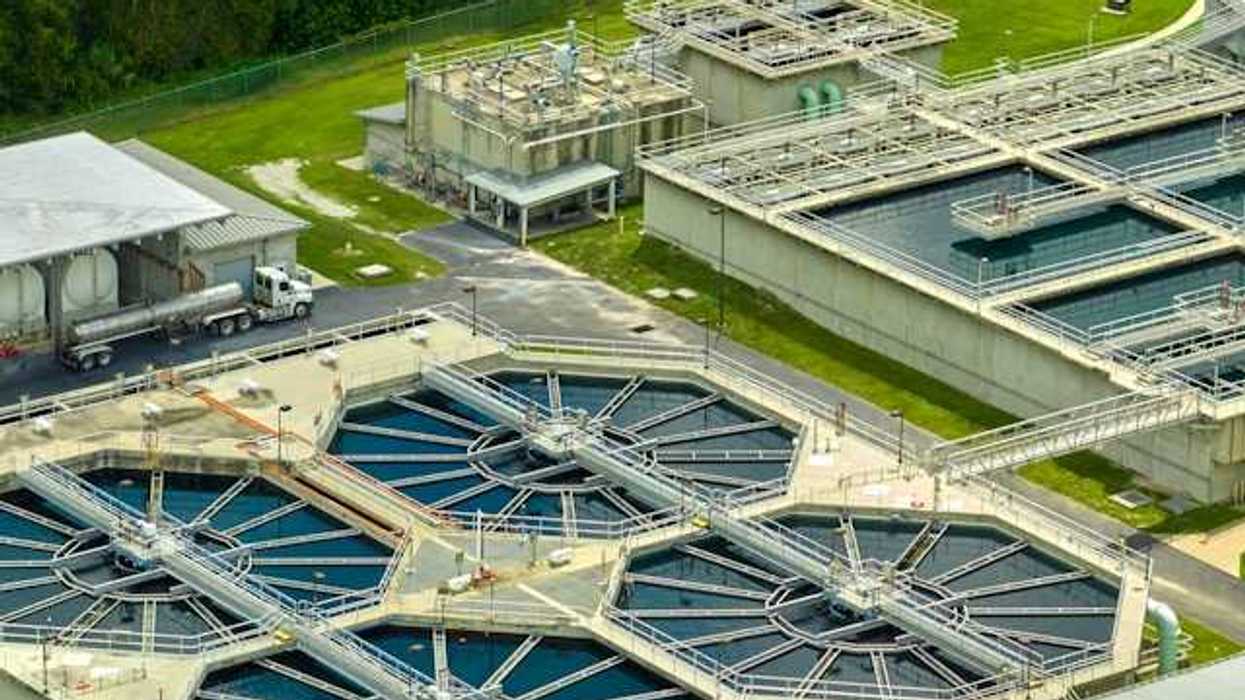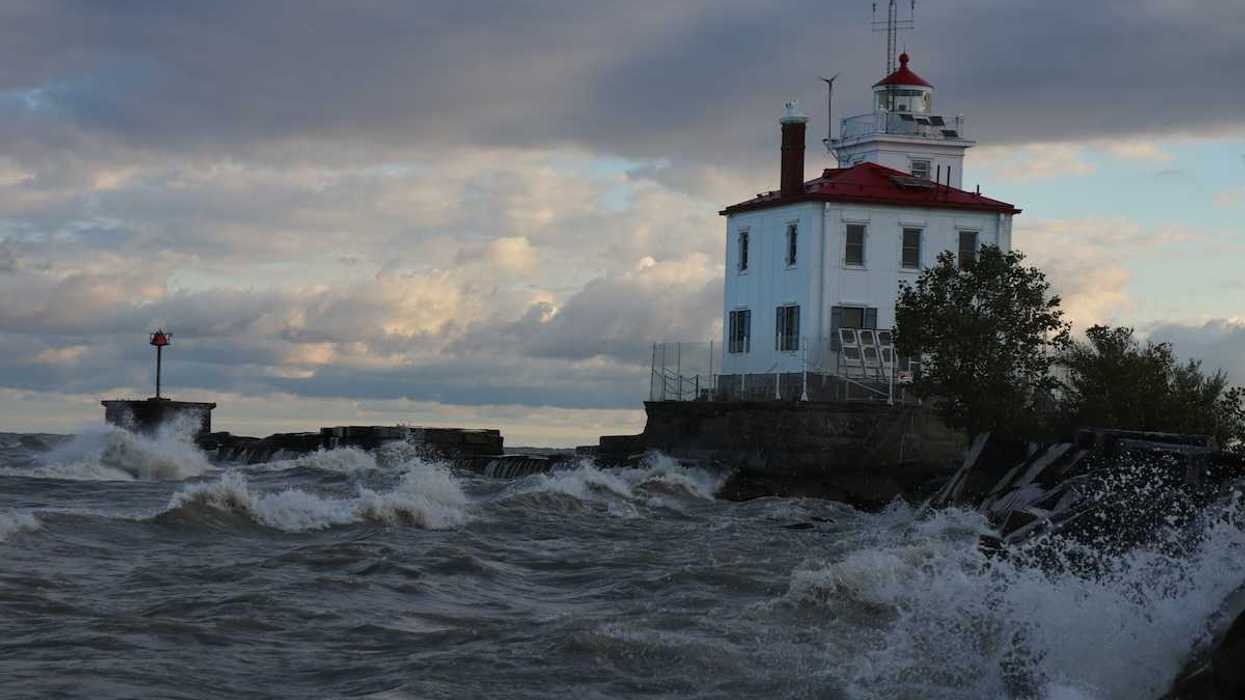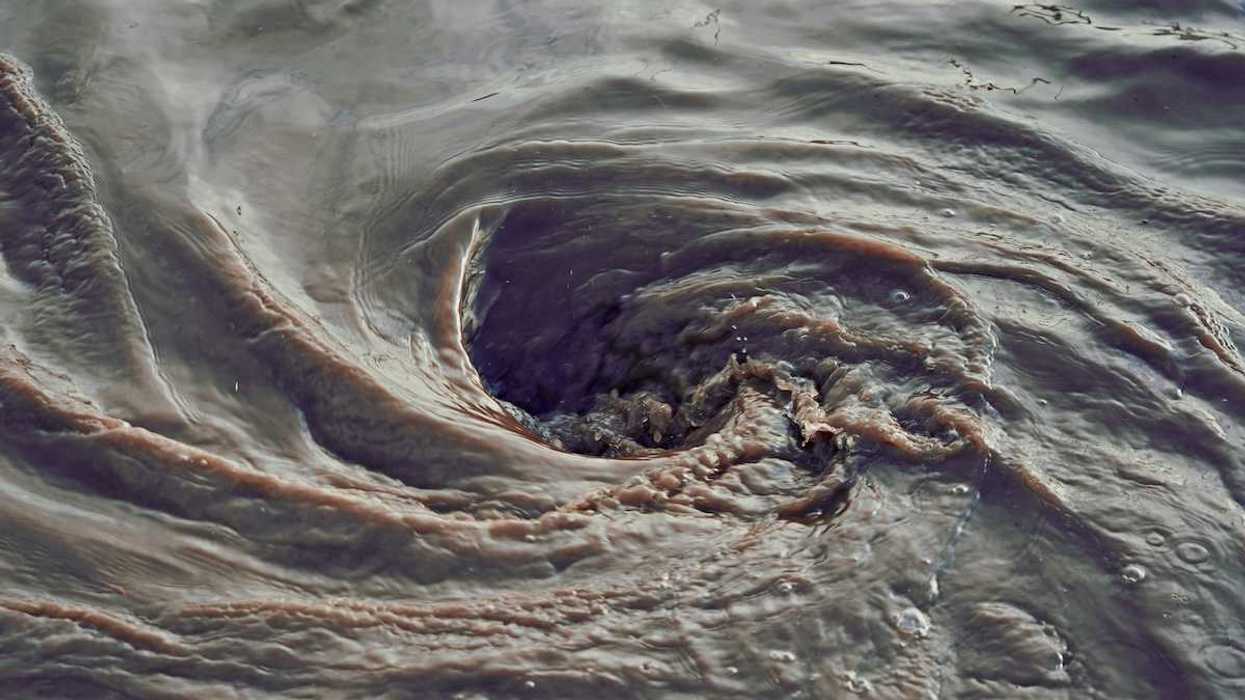The U.S. government has admitted for the first time that federal dams have caused significant harm to Native American tribes in the Pacific Northwest.
Léonie Chao-Fong reports for The Guardian.
In short:
- A new report from the Interior Department details the extensive damage caused by Columbia River Basin dams, including the devastation of salmon runs and the flooding of villages and burial grounds.
- The construction of hydroelectric dams has led to the extinction of some salmon and steelhead stocks, significantly disrupting tribal cultures and economies.
- The Biden administration has pledged $1 billion to restore wild salmon populations, though it stops short of advocating for the removal of controversial dams on the Snake River.
Key quote:
The report "marks the first time that the U.S. government has comprehensively detailed the harms that federal dams have and continue to inflict on Tribes in the Pacific Northwest.”
— Biden administration
Why this matters:
Federal dams, integral to hydroelectric power and irrigation systems, have altered river ecosystems and significantly impacted fish populations, particularly salmon, which hold profound cultural and nutritional importance for the tribes. The construction and operation of these dams have led to the loss of traditional fishing sites and disrupted the natural flow of rivers, causing long-term ecological damage.














